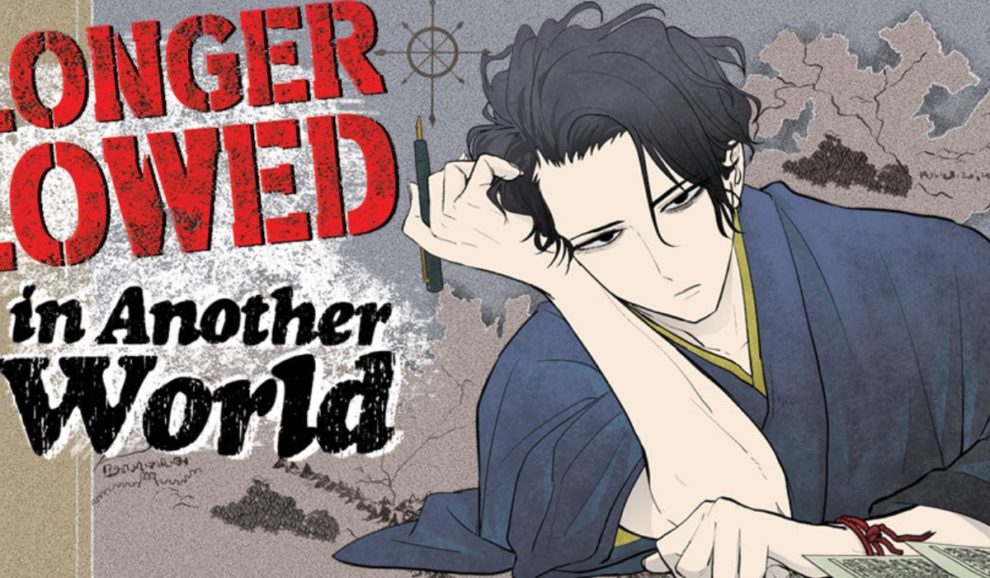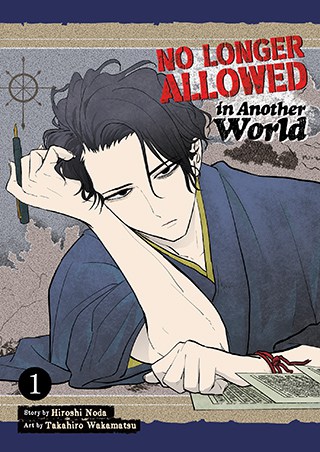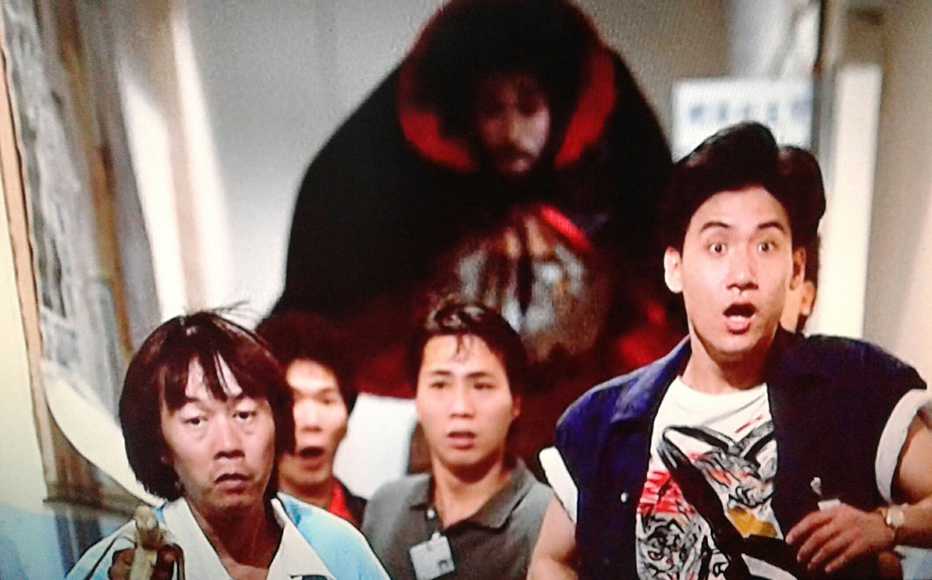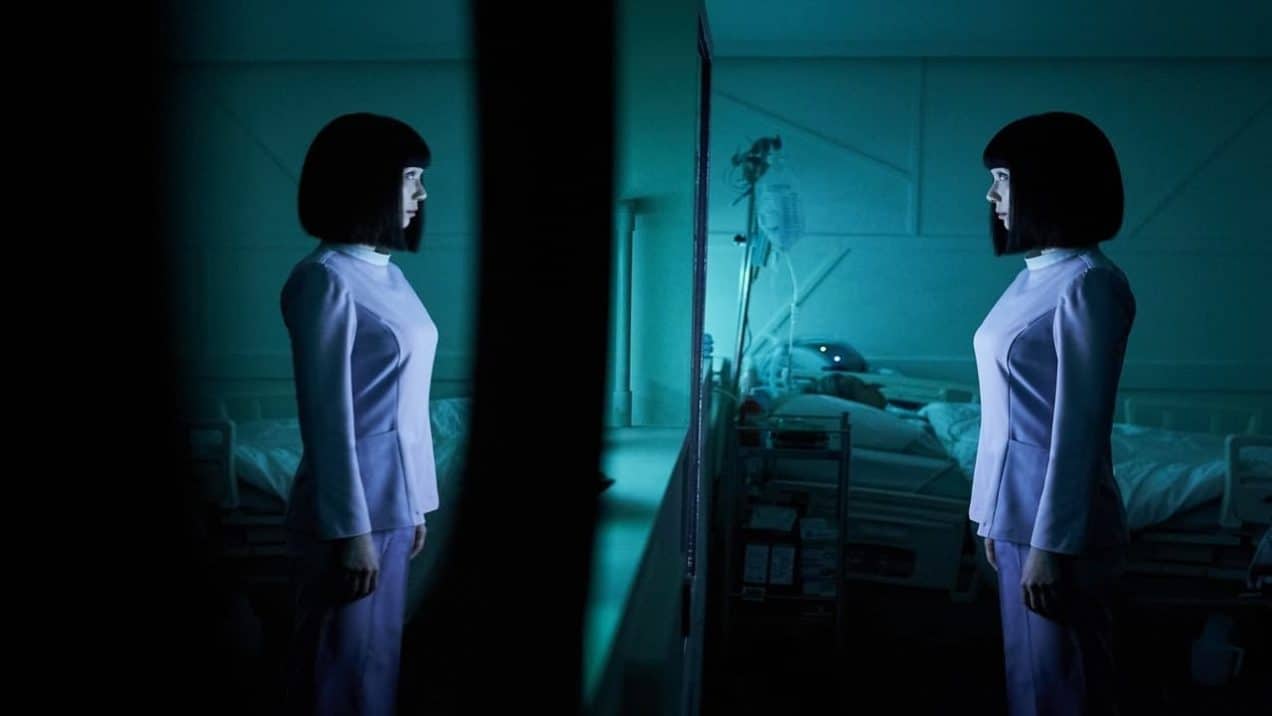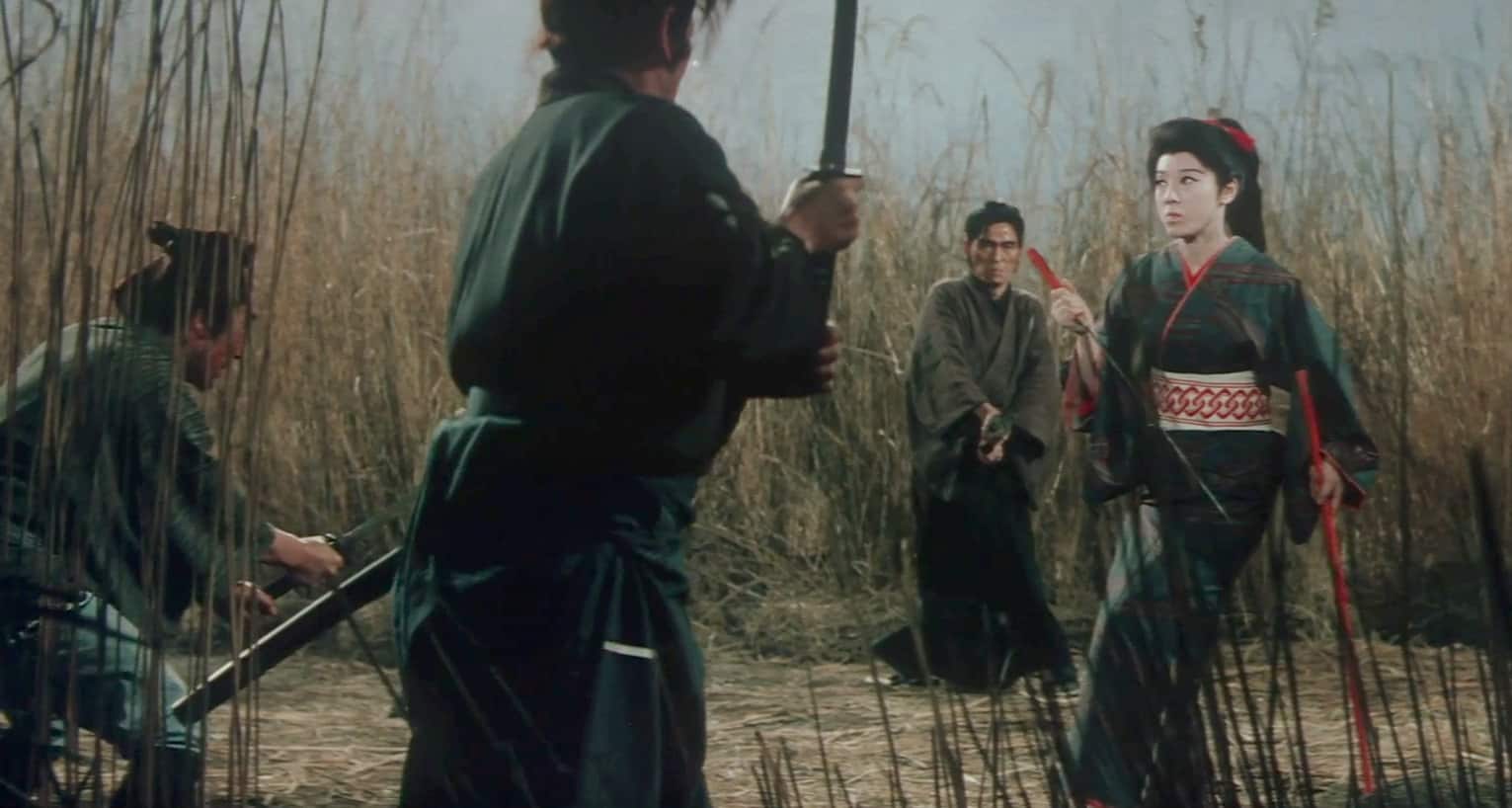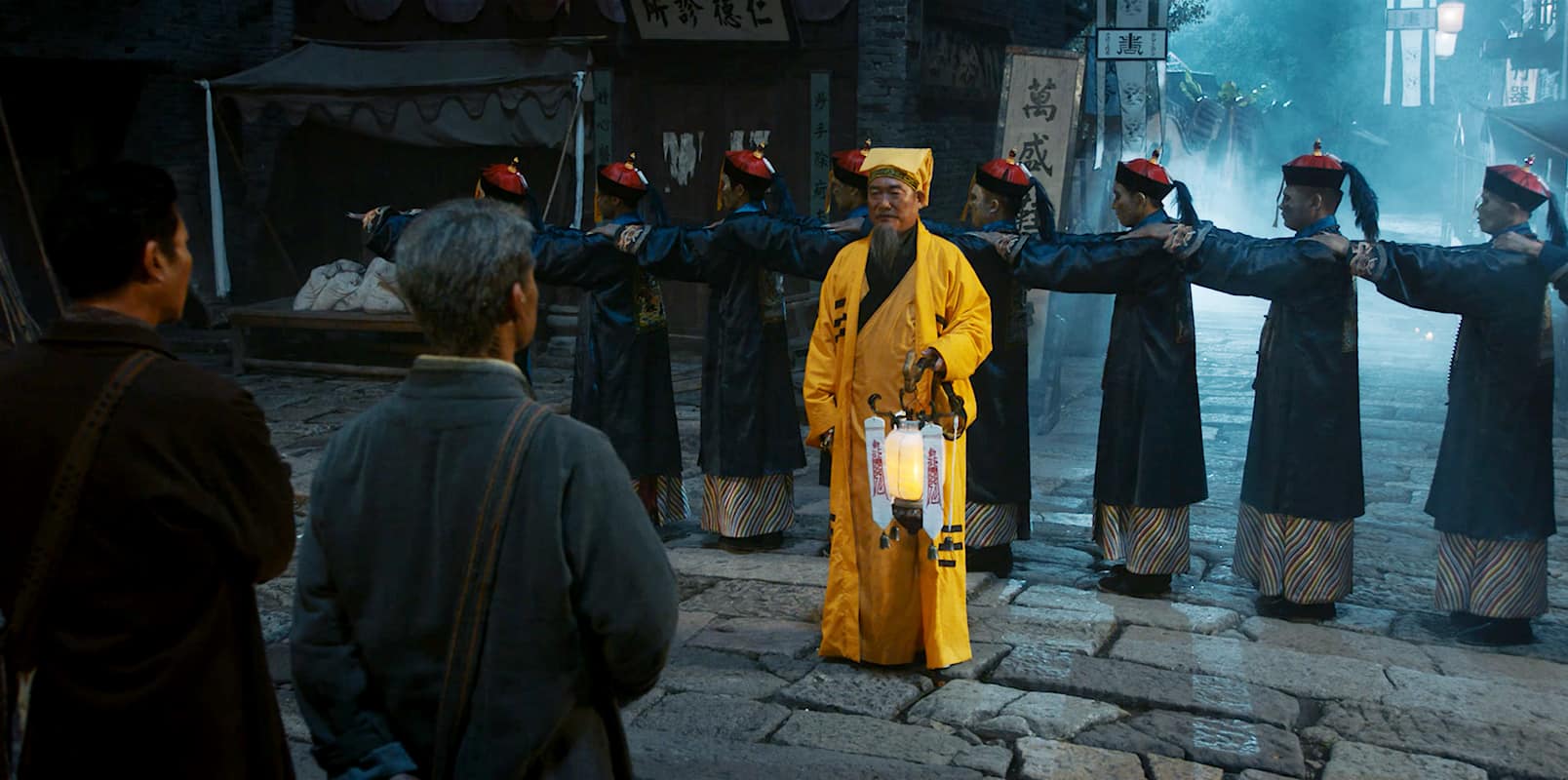“A second life in another world with cute girls by your side and video gamey powers–sounds like a dream, right? Not so for a certain melancholy author, who would quite literally rather drop dead. Honestly, all the fantastical adventure is just getting in the way of his poetic dream of finding the perfect place to die. But no matter how much he risks his hide, everything seems to keep turning out okay. Will our terminally depressed hero find a new lease on life in this cheerfully bleak isekai comedy?” (Seven Seas Entertainment)
Already tapped for a future anime adaptation, “No Longer Allowed in Another World” takes a unique spin on the isekai genre by sending a beloved literary figure, Osamu Dazai, into a light fantasy world that is antithetical to the author's vision of humanity. However, as this is an isekai needing to work within the confines of the genre, Dazai stumbles into victories with cold indifference, a wish for his own death, and disdain for the genre tropes presented to him. Admittedly, this is a rather abstract concept in a genre that excels in absurd scenarios, yet the series has the potential for cult status given how its appeal will make it an undeniable standout to certain readers.
While many manga fans will be familiar with Osamu Dazai from adaptations of his work “No Longer Human” (the title is a play on the book itself) and various cameos throughout other series, it's a safe assumption that many may only hold knowledge of his influence and not his work. However, for those whose interests straddle both manga and literature, with an emphasis on romanticizing its tragic figures like Dazai, Mishima, or Akutagawa, the series places itself in a peculiar position of celebrating opposing literary styles. Furthermore, writer Hiroshi Noda is able to do this without overly sacrificing either element, (at least in the first volume) and one really does get the sense of a melancholic author with a desire to die wandering through an isekai fantasy. Consequently, the dialogue is witty and entertaining while still containing an abundance of fan service and RPG elements.
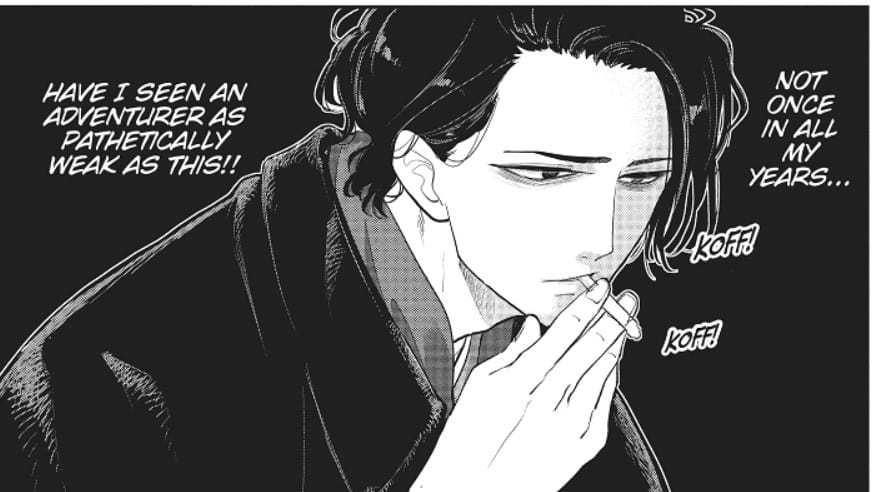
Further pushing the idea that the book may receive a cult following is that the themes explored are not without reservation, which could easily deter a broader readership. A prime example comes from Dazai's constant push for suicide, being robbed of his perceived eternity in death with his partner. This poses two issues, one using suicide as the butt of a joke and the other rewriting the death of a beloved tragic literary figure in switching his double suicide from drowning to ‘truck-kun' paying him a visit. For such a profoundly influential figure's demise to be made light of there is a modicum of blasphemy that the reader needs to accept. This is arguably a bit different than the overuse of Lovecraft, Poe, or Tesla in the West wherein their death is not normally the focus of stories that utilize the iconic authors as characters. Ultimately, those who can push those issues aside and embrace both the darker elements of Dazai's life and the silliness of isekai will find it a delightful mix of both.
The art direction of Takahiro Wakamatsu in the book is spot on, both in capturing the grandness of another world and exceptionally so in landing comedic stings. Notably, moments of grandiose speech cut to Dazai's brief dismissal or grim reflections on the events unfolding before him. Comparatively, action sequences are serviceable but as they are not the key focus of the work, this is not as concerning as it would be if the series' sole focus was on battles. Regardless, prior to the anime release, this is one book where one can say with confidence to ‘read the manga first' due to how perfectly executed the humor is in the format–it may prove difficult to adapt.
Isekai occupies a substantial space in manga and it is a genre one can enjoy casually without giving much thought to the repetition often offered. “No Longer Allowed in Another World”, undeniably, thrives in indulging in familiar tropes and giving it a dark comedic edge through the personification of a beloved Japanese literary figure, and manages to make all the elements come together harmoniously. There are developments teased and, certainly, the series could crumble under embracing certain elements too heavily and losing the balance that makes the inaugural release such an entertaining mix of influences, but for now “No Longer Allowed in Another World” should prove itself to be essential reading to a unique group of the manga fandom.


